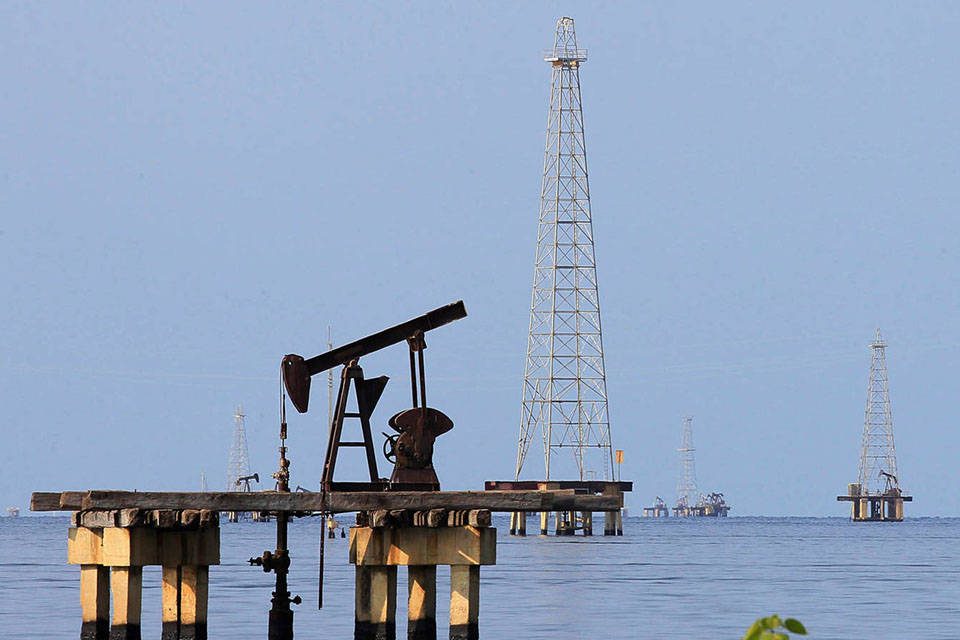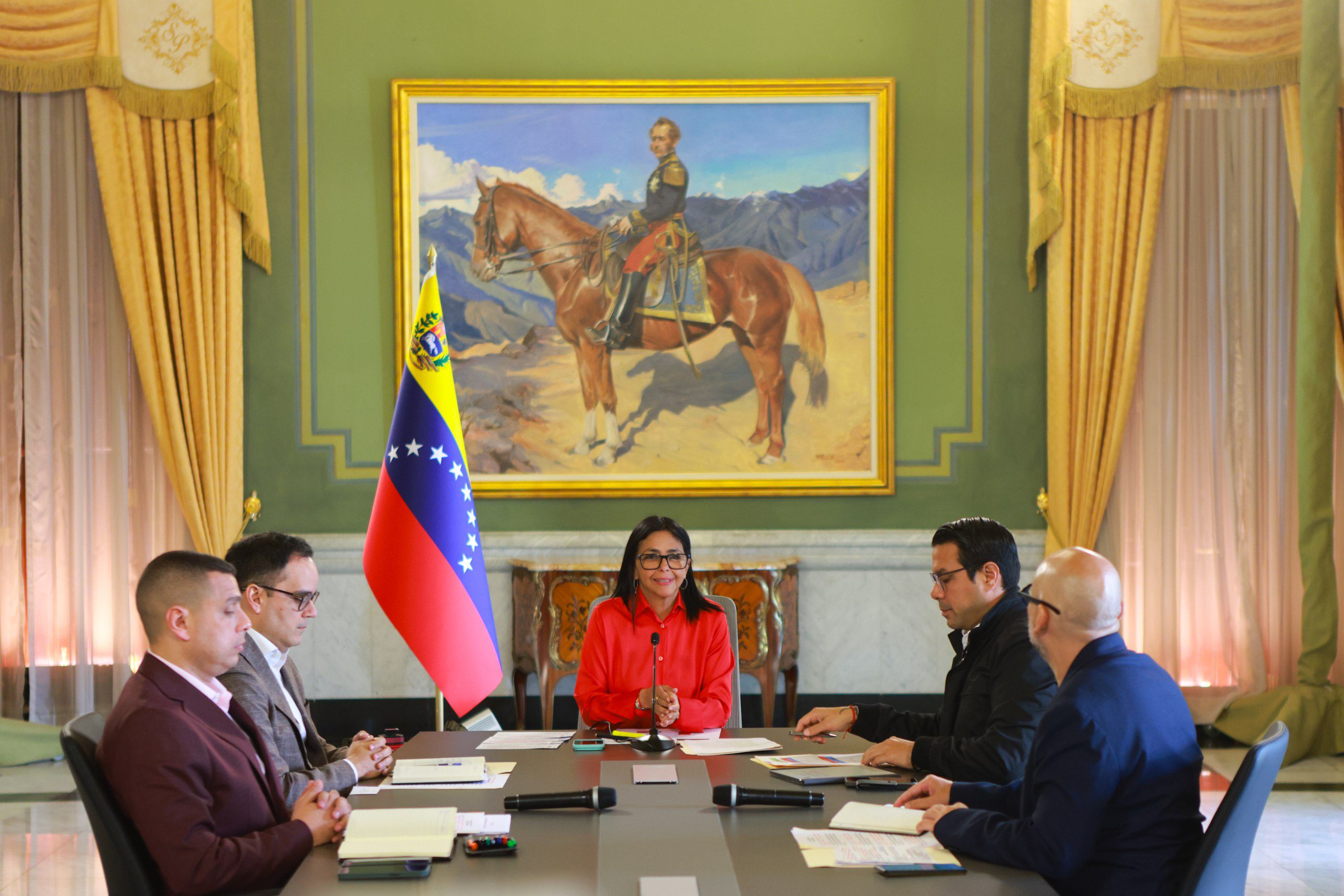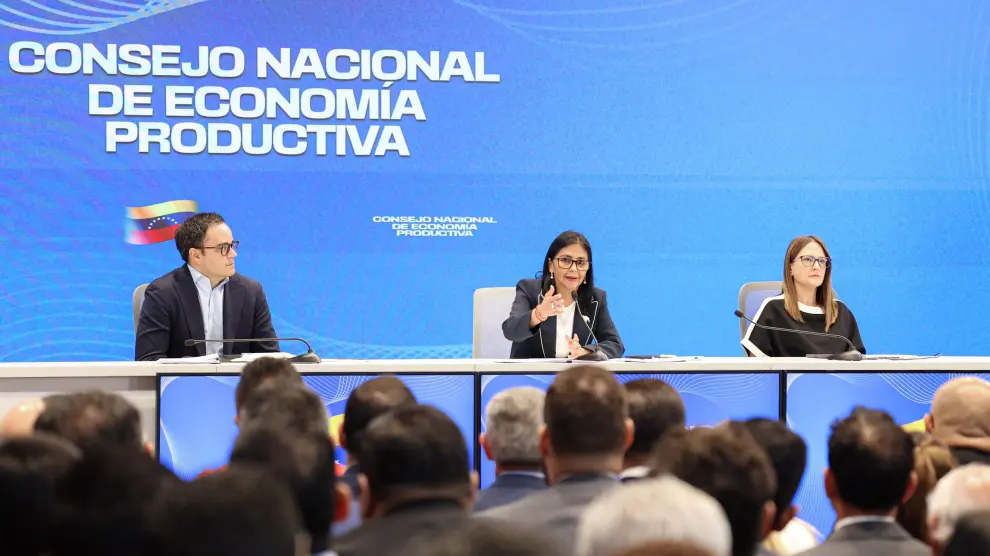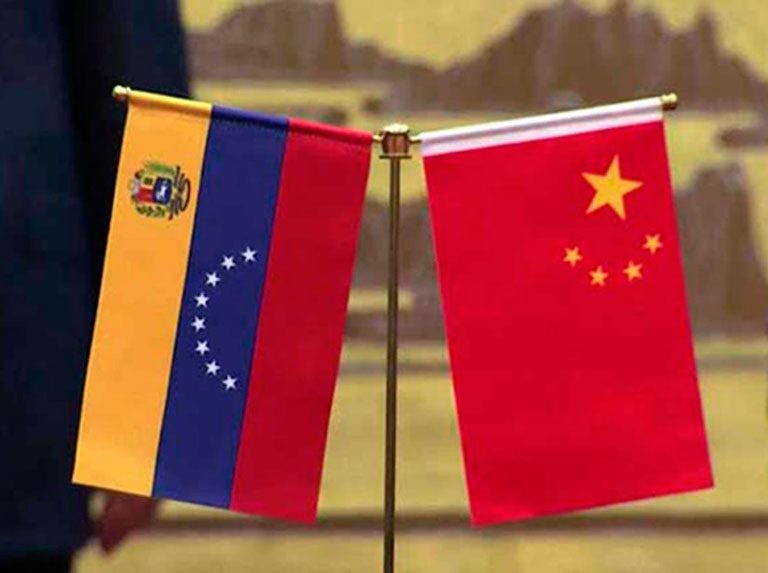Plenary session of the European Parliament. Photo: European Parliament Press Gallery.
Guacamaya, July 9, 2025. The European Parliament approved the new list proposed by the European Commission, which also removed Gibraltar, Panama, and eight other countries following improvements in their legal frameworks. European financial institutions will now have to implement stricter controls on transactions originating from Venezuela and other newly included nations.
On Wednesday, the European Parliament greenlit the inclusion of Venezuela in the list of jurisdictions with “high risk” for money laundering and terrorist financing—a designation that requires banks and other financial entities in the European Union to apply enhanced scrutiny on transactions from the Caribbean country. The decision confirms the updated proposal presented by the European Commission on June 10, after technical consultations with the assessed states and a review of commitments made by others.
While being on this list does not trigger automatic sanctions or direct trade restrictions, it does lead to significantly increased financial scrutiny and may deter investments and operations from the flagged countries. Inclusion is typically based on regulatory deficiencies, institutional weaknesses, or a lack of cooperation in combating money laundering and terrorist financing.
In this update, alongside Venezuela, Algeria, Angola, Ivory Coast, Kenya, Laos, Lebanon, Monaco, Namibia, and Nepal were also added. Meanwhile, the EU removed Gibraltar, Panama, Barbados, Jamaica, the Philippines, Senegal, Uganda, and the United Arab Emirates from the list after verifying progress in their legal and regulatory frameworks.
Notably, the European list differs from the one compiled by the Council of the European Union on “tax havens,” as it focuses on money laundering and illicit financing risks rather than tax evasion.
The previous version of the list had been rejected by the Parliament in April 2024 due to objections over methodology and a lack of transparency in some cases. This time, however, the new list faced no objections and was approved by a wide majority.
European authorities explain that listed countries can be removed if they implement effective reforms, undergo new evaluations, and cooperate with EU authorities and international bodies such as the Financial Action Task Force (FATF).
For Venezuela, this designation represents another obstacle in an economic context already marked by international sanctions, economic contraction, and limited access to global financial markets.






